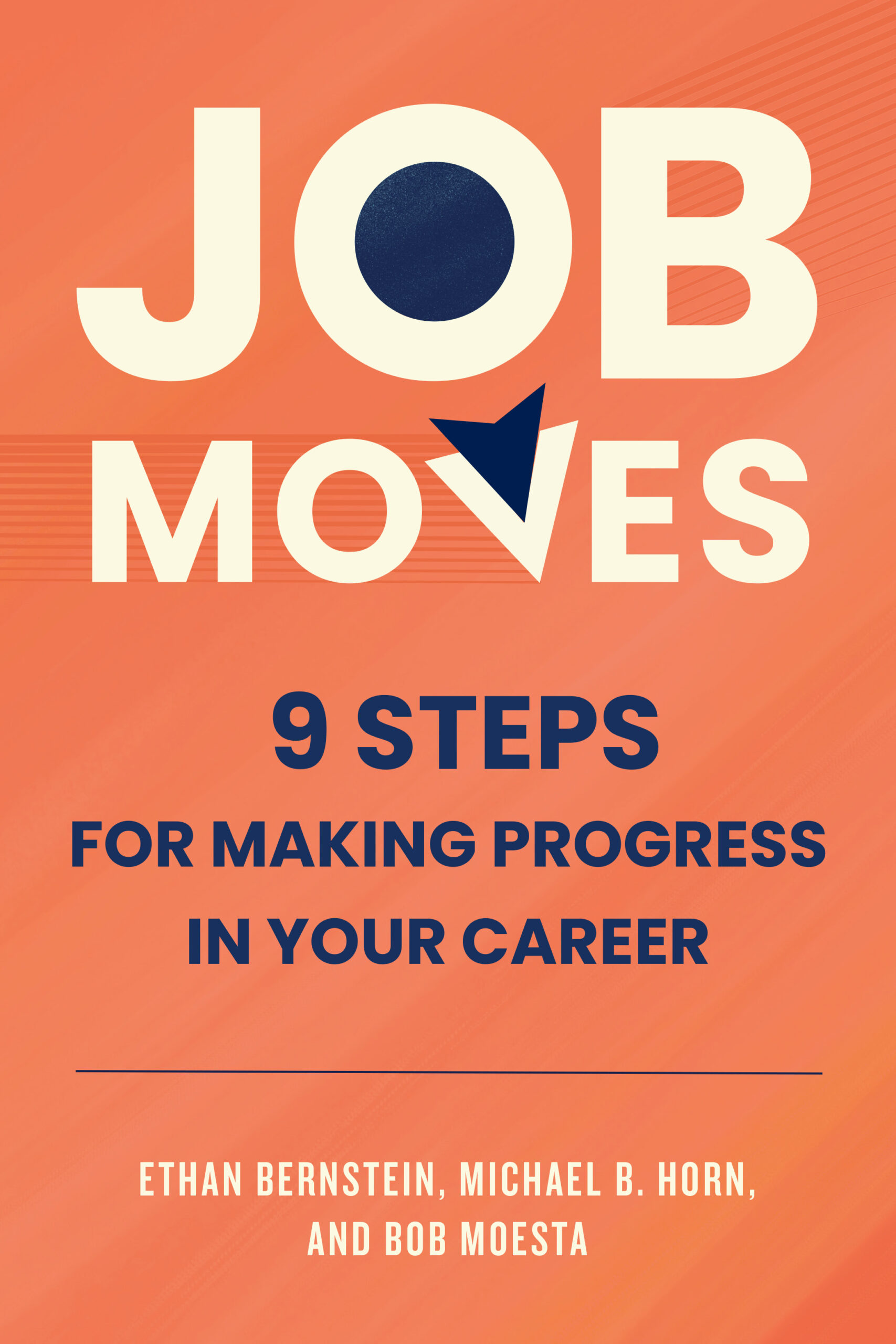Covid-19 Boost to Online Learning May Backfire
Many courses will be poor substitutes for the originals
As the coronavirus and the disease it causes, Covid-19, spread rapidly around the world, colleges and universities are shutting down face-to-face classes and moving to remote and online teaching formats.
On the surface, it’s the classic opportunity for disruptive innovation to take root. All of a sudden, the competition for online learning isn’t live, in-person classes. Those classes are canceled. Now, the alternative is nothing at all.
The theory of disruptive innovation predicts that primitive services take root in areas where all they have to beat is nonconsumption. From there, fueled by a technology enabler, they improve and, over time, become capable of tackling more complicated problems and serving more demanding users. Enticed by a value proposition of relative convenience, affordability, and simplicity, people migrate to the improving disruptive innovation over time.
I’ve long noted, in Education Next (“Disruptive Innovation and Education,” “Taking Tablet Learning Global”) and elsewhere (Blended: Using Disruptive Innovation to Improve Schools), that online learning bears the hallmarks of a technology that can enable disruptive innovation.
So with no alternative to learn in person at a college or university, wouldn’t the cancellation of classes create the perfect area of nonconsumption for online learning to enter, gain a stronger foothold (it’s worth noting that already over a third of postsecondary students take at least one online class, and roughly 30% of graduate students study exclusively online), and grow to further supplant face-to-face learning? Won’t 18–22 year-old residential students and their parents be asking themselves by the end of the semester why they should pay giant bills to study in-person when they can instead just learn online in a medium comfortable to their generation?
I’m skeptical.

0 comments